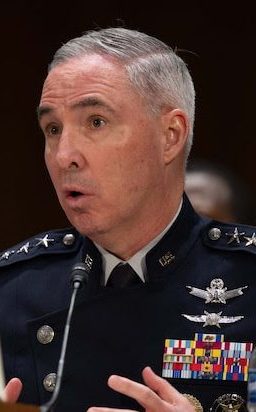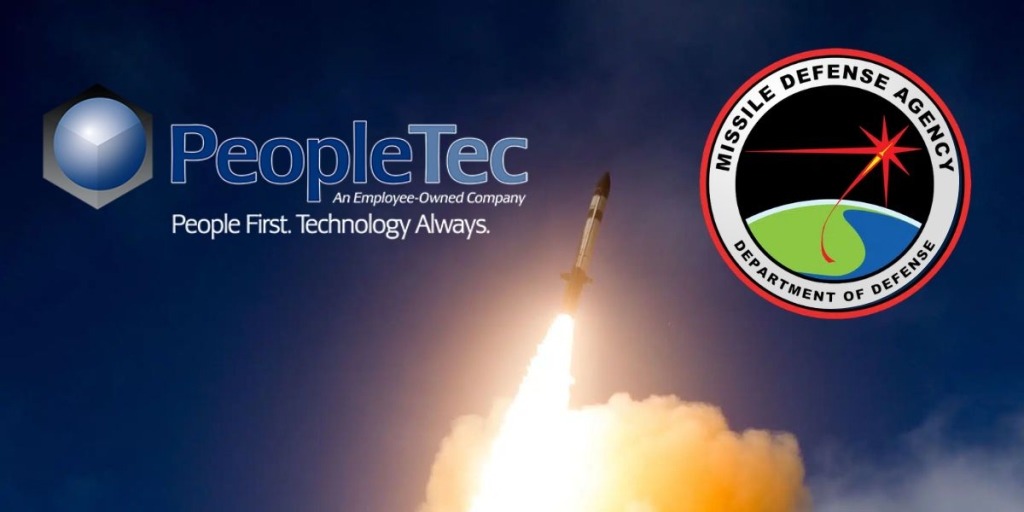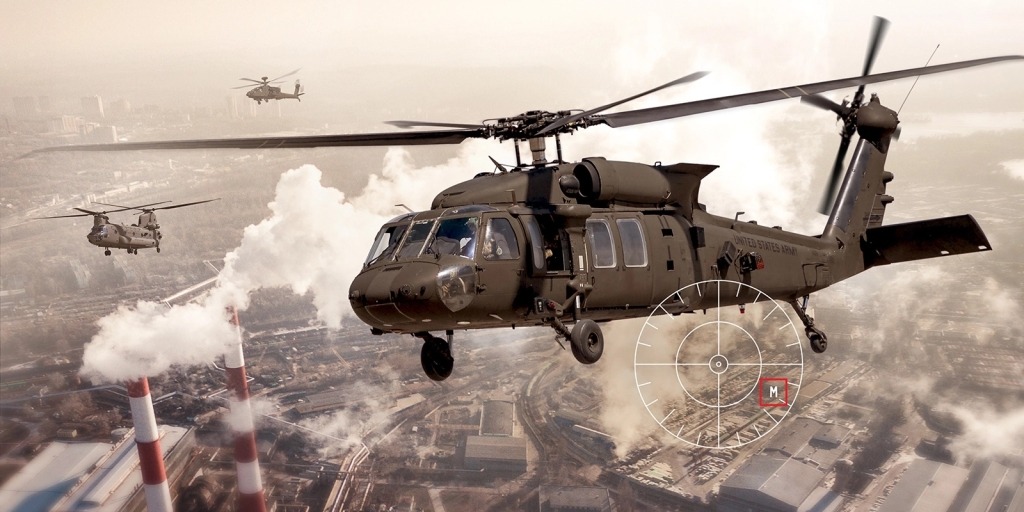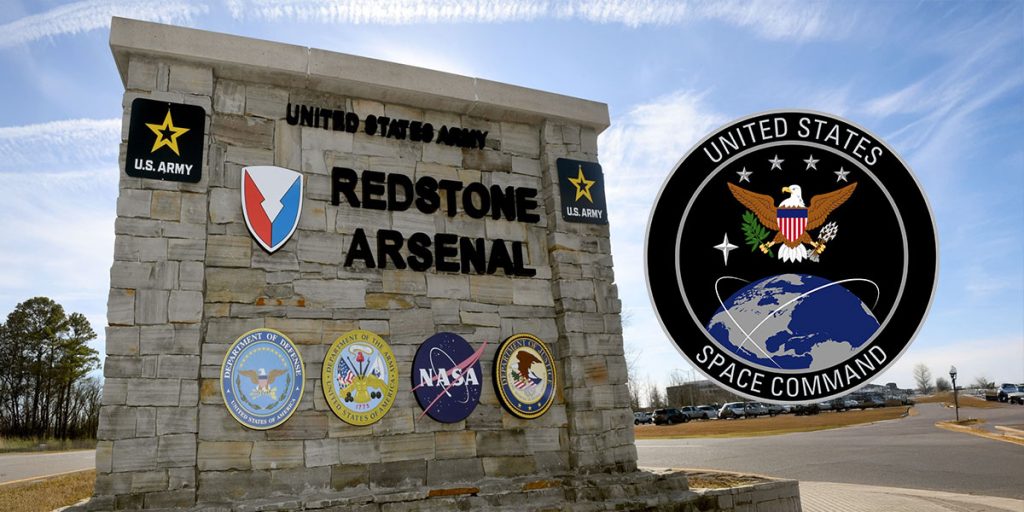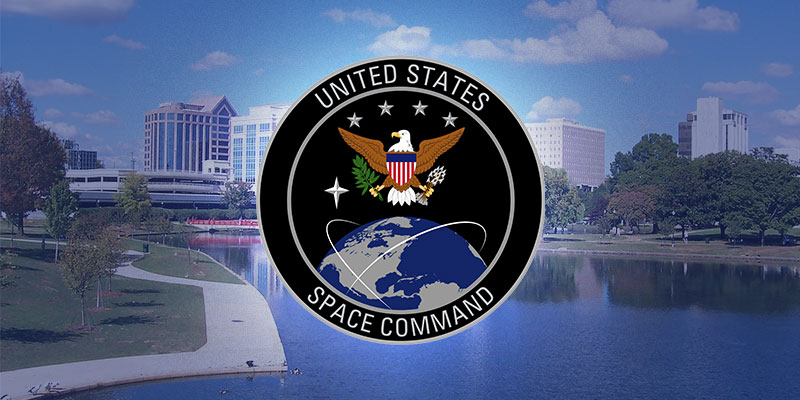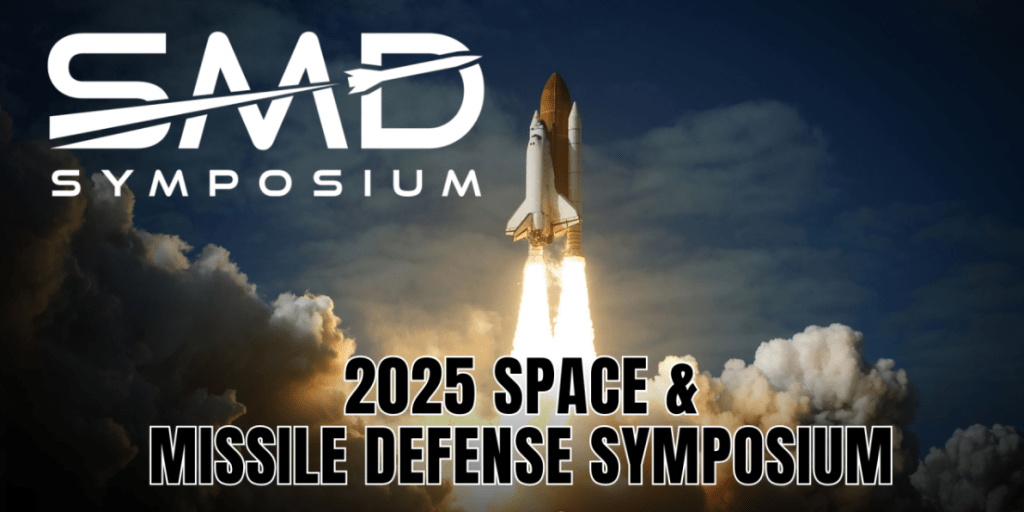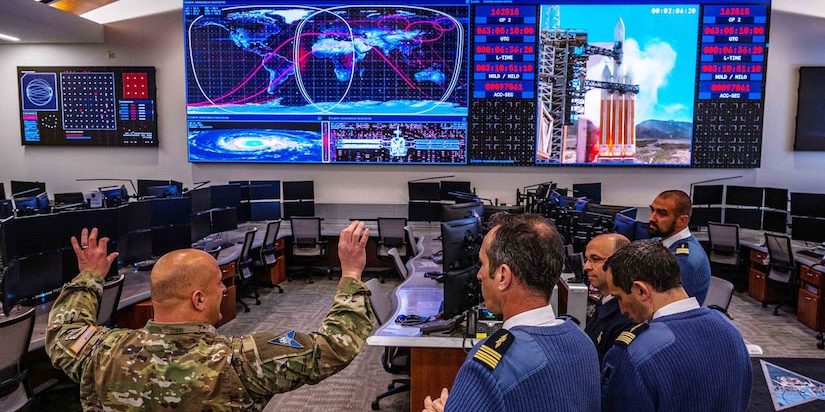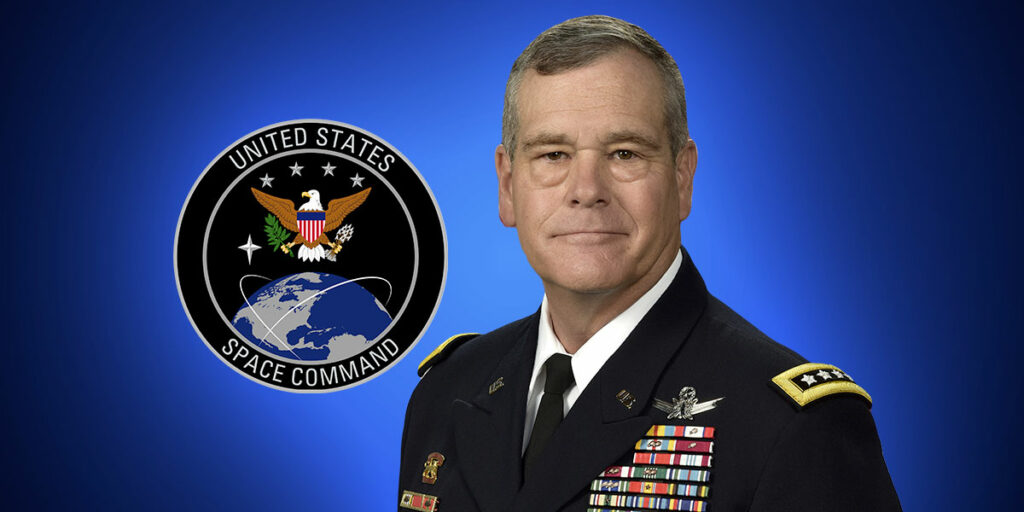WASHINGTON — The Defense Department must prepare for conflict in space to ensure deterrence. If that fails, the U.S. military is ready to fight and win, said Space Force Commander Gen. Stephen N. Whiting, who testified last week at a Senate Armed Services subcommittee on strategic forces.
He said threats continue to expand at a breathtaking pace and pose a risk to the joint force.
“These novel and unprecedented developments include China’s robust counter-space weapons and space-enabled kill chains, Russia’s reported pursuit of an on-orbit nuclear anti-satellite weapon and wide-ranging ballistic, cruise and hypersonic missile threats,” Whiting said.
Despite the growing threats, the United States maintains advantages in space. The general said these advantages include an unmatched commercial space sector, and U.S. allies and partners.
Whiting said no other country can match the United States’ understanding of the complexities of space and the requirements to operate effectively in the most challenging areas of responsibility.
“Our military has the best trained, most capable space warfighting force in the world, and they stand dedicated to for America,” he added.
The general said Operation Olympic Defender is an example of working with allies and partners. He noted that Germany, France and New Zealand recently joined the United Kingdom, Canada and Australia as participating nations.
The operation’s mission optimizes space operations, improves mission assurance, enhances resilience and synchronizes efforts, according to a Spacecom news release.
This growth further strengthens partnerships and enables our allies to share the burden of collective space security, Whiting said.
“These advantages and our ability to deter potential adversaries cannot be taken for granted,” he said. “Deterrence in space is consistent with other domains. It requires a keen understanding and clear communication of what we are deterring against, credible, acknowledged capabilities to impose costs on those who attack us, and resilient architectures to dissuade attack by making any effort futile.”
Whiting said Spacecom is fully integrated into and contributing to the department’s efforts to establish a Golden Dome for American missile defense shield, adding that Space Command requires stable funding, as well as effective and efficient acquisition programs that deliver advanced space capabilities.
He identified the most pressing issues as the delivery of integrated space fires, enhanced battlespace awareness, and integrated command and control capabilities to achieve space superiority, which enhances homeland defense while protecting and enabling the joint force.
“Although many challenges lie ahead, the future of space holds tremendous promise for America if we actively and thoughtfully protect it,” he said.
In Whiting’s prepared testimony submitted to lawmakers, he wrote: “Spacecom is partnering with U.S. Northern Command and other stakeholders to write an initial capabilities document aimed at defining capability-based requirements for the Golden Dome architecture, based on forecasted threat scenarios.
“As these capabilities develop and deliver, we stand ready to take an active role in the operation of a next-generation space architecture which will be resident in our in support of protecting American citizens from attack.”


